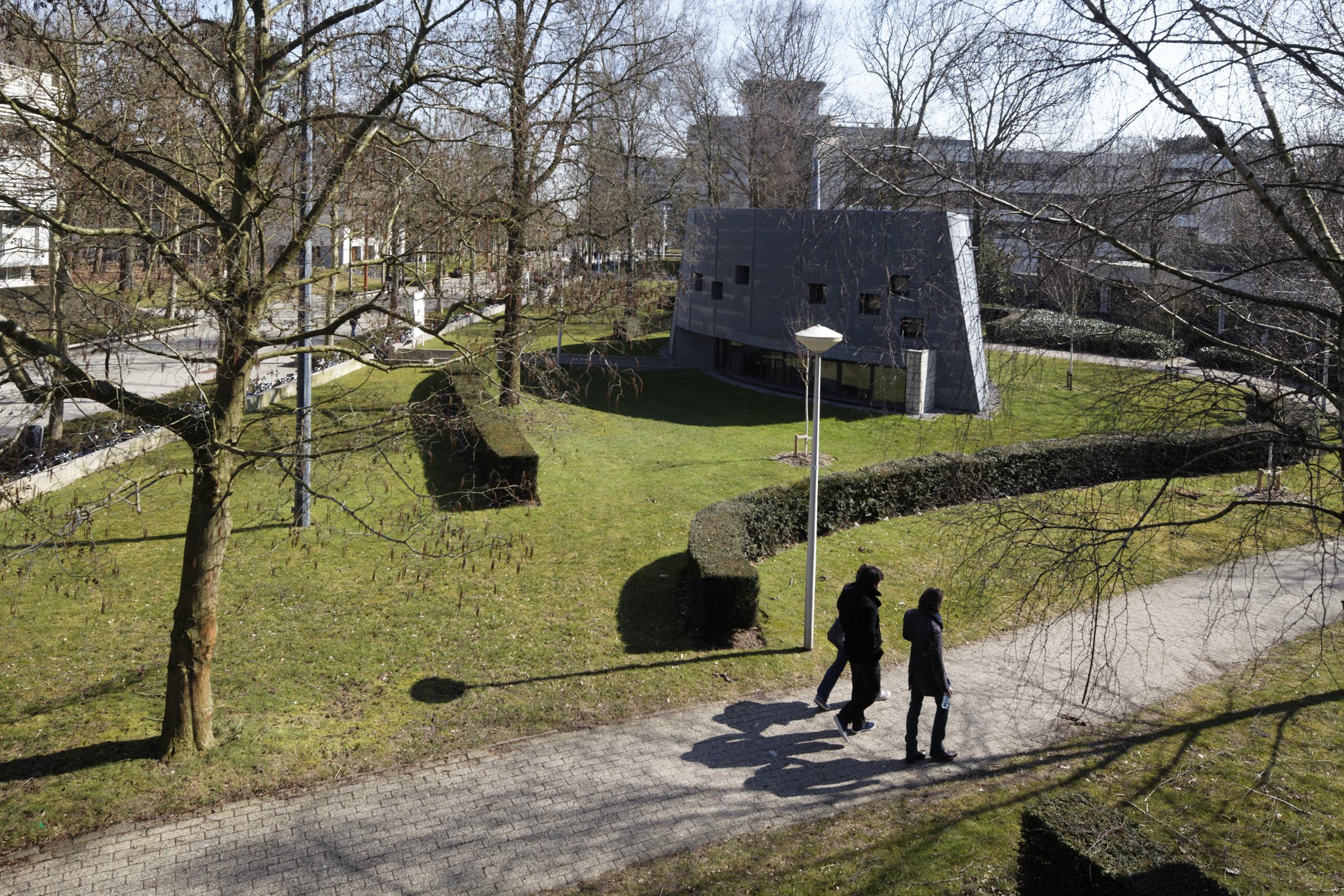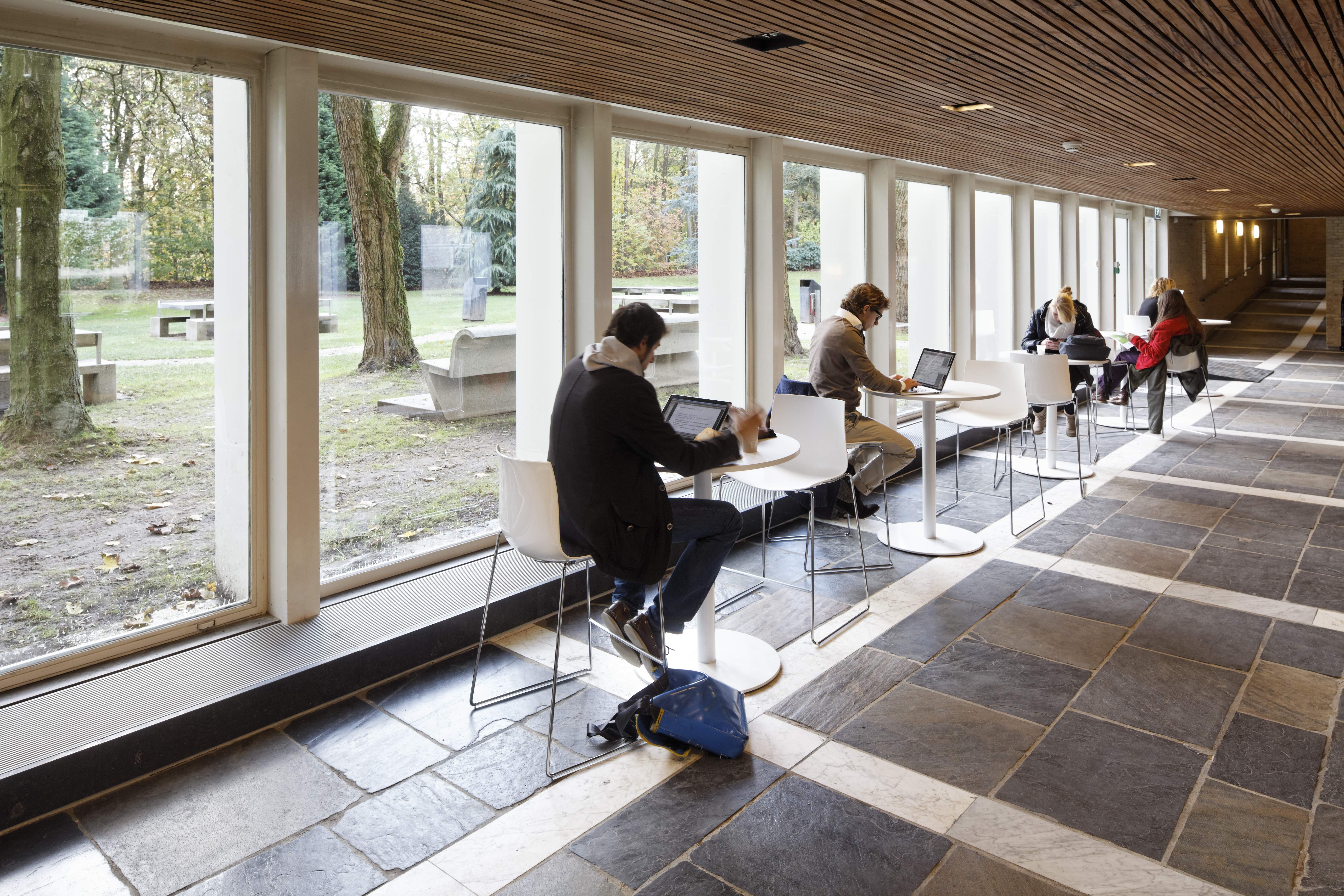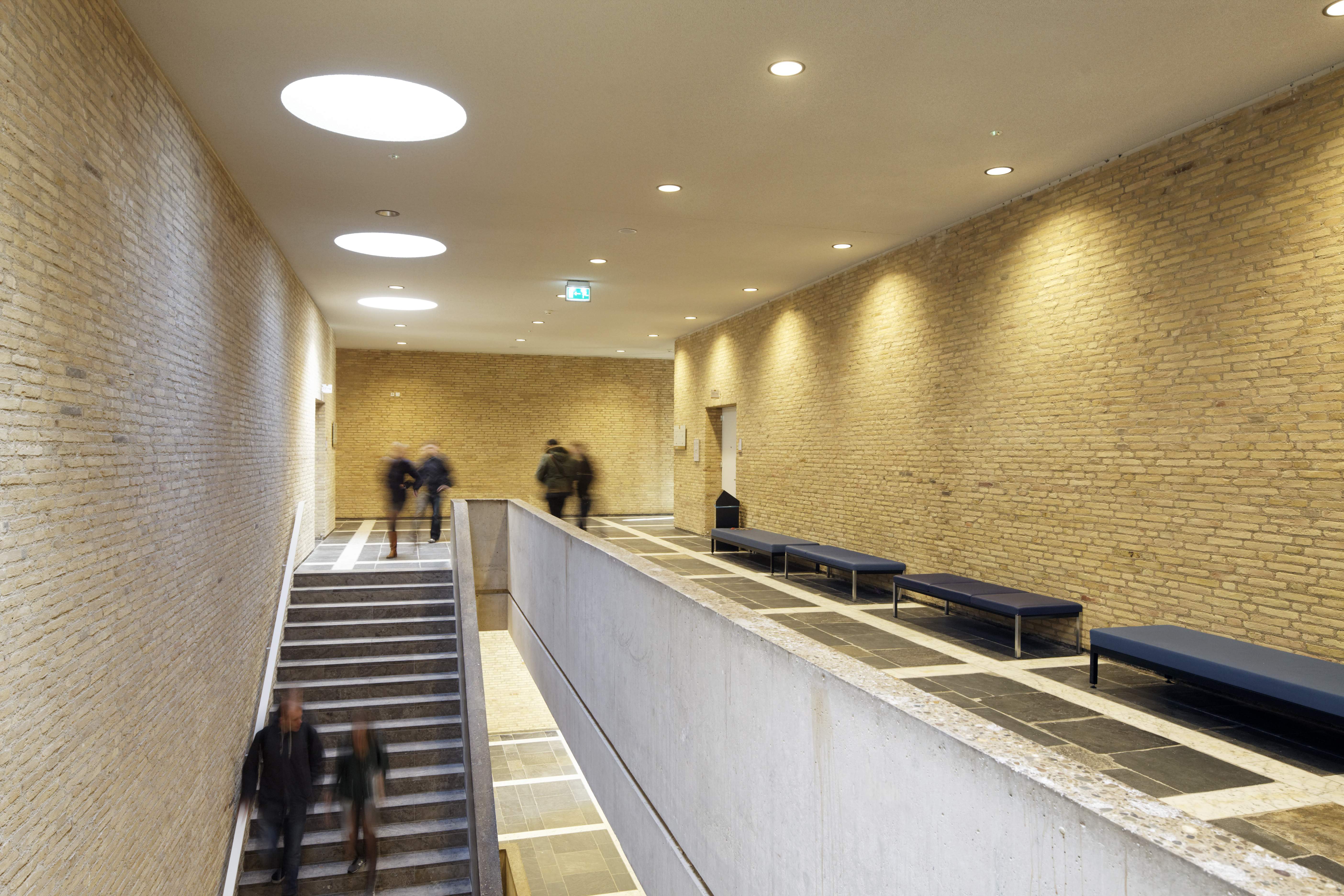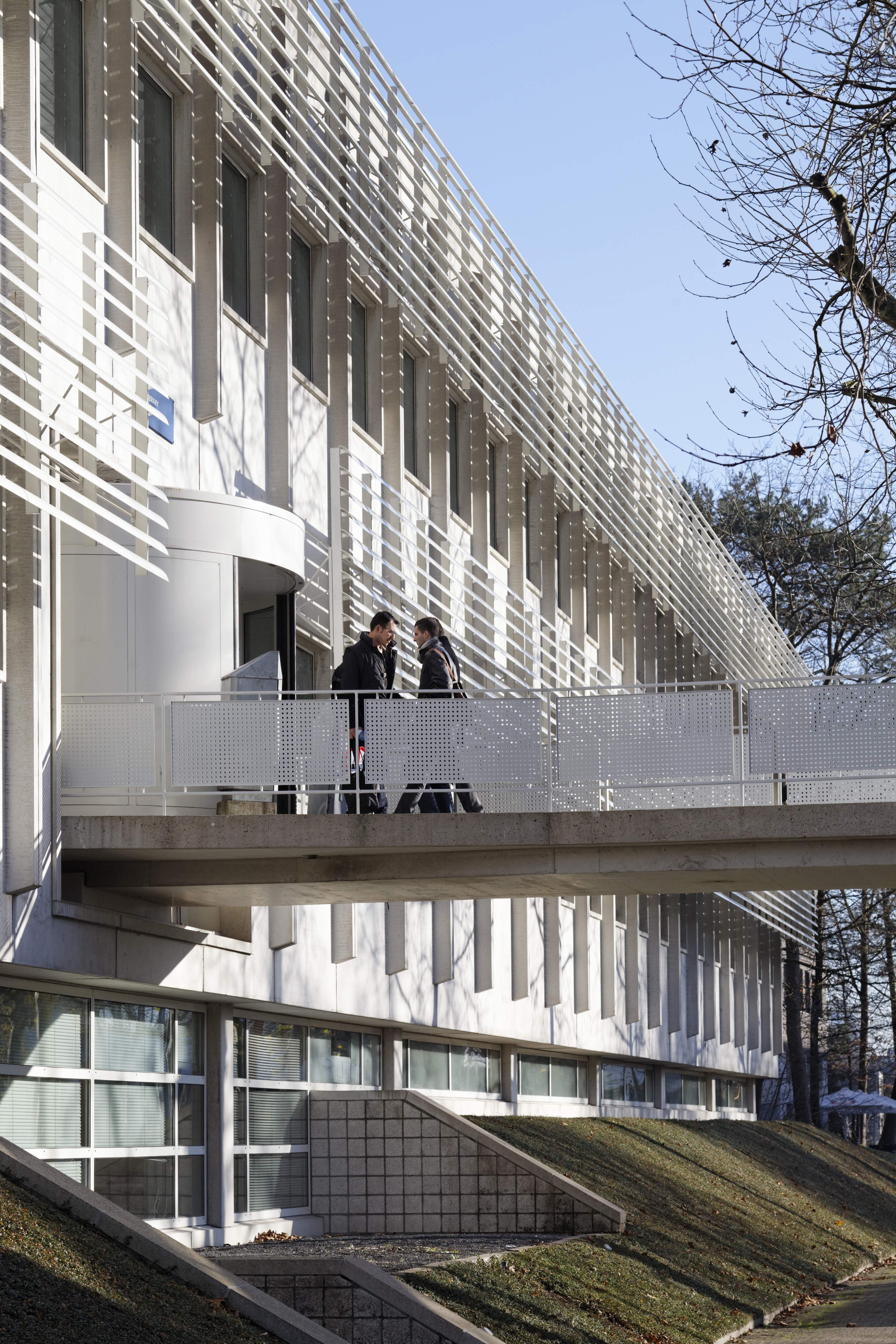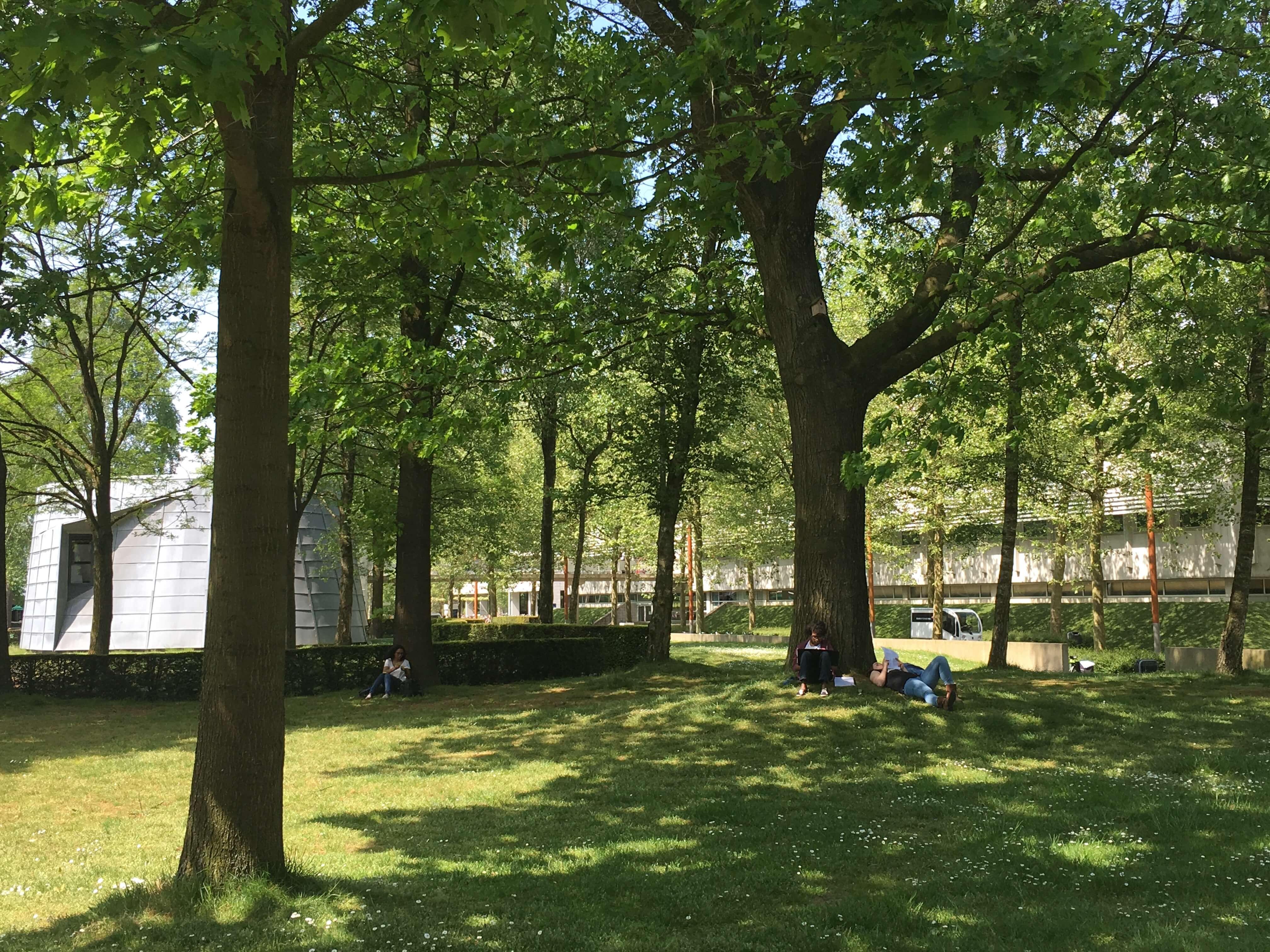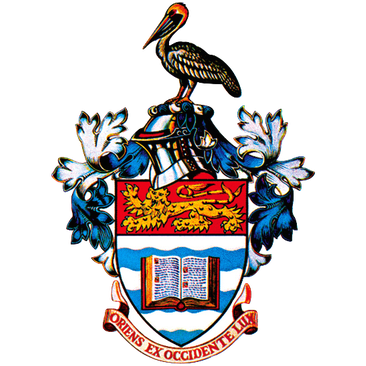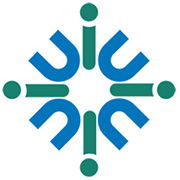In the first year, you familiarize yourself with insights and theories about digital culture in relation to society. You follow courses from four possible tracks. This allows you to discover which track best fits your interests.
Art in the Public Sphere
Digital Media
Global Communication
Dutch Language and Culture (in Dutch)
Career orientation is a central theme in the program. A Career Orientation Plan is part of the core curriculum. You have the option to do a (short) internship. The third year offers the opportunity to create a unique profile with a minor and electives. You finish the third year with a Bachelor's thesis.
First Year Content
In the first year of the Bachelor’s program you and your fellow (international) students take introductory courses designed to familiarize you with the various tracks of the program.
You will take the following courses:
Social Groups in the Digital World
Transformations of the Public Sphere
Thinking about Science
Digital Culture and Society
Language, Culture and Globalization
The Ceremonial Society
The Digital Individual
Interpretation of Cultural Expressions
Intermediality
Additionally, you take several skills courses including Academic English and Doing Research: Methodology. You will participate in an active Mentorship program (PASS OC 1) and get acquainted with our counselors of Student Career Services. You will also start with your personal Career Orientation Plan.
Second Year Content
The second year is fully devoted to the track you choose: Art in the Public Sphere, Digital Media, Global Communication or Dutch Language and Culture (in Dutch). Besides a set of compulsory courses, you have the freedom to choose elective courses.
In year 2, the focus builds on your academic skills. You will take part in Talent Management training as part of your Career Orientation Plan. In this training, you explore your talents and map out your desired job market profile. You will uncover answers to questions like: 'Who am I?', 'What do I want?' and 'What am I good at?'.
Further down this page, you will find more information about the tracks and the courses.
Third Year Content
In the third year, you follow five minor courses supplemented by two courses that you choose from a range of electives. Instead of following an elective, you also have the opportunity of doing a shorts internship and/or researching what it means to be an entrepreneur in the cultural field. You will also attend a Labor Market Orientation workshop as part of your Career Orientation Plan. In this workshop, you will learn to find your way around the labor market and gain insight into your opportunities. You will finish the third year with a Bachelor's thesis.
The minor: choose your own elective courses
You can use the minor to further specialize in your chosen direction. But you can also choose to broaden your knowledge and take courses in a different field. You can take courses at Tilburg University or another university in the Netherlands. It is also possible to do an exchange semester at a renowned university abroad without having to worry about a study delay!
When you consider doing a Master’s in a different field of study after your Bachelor’s in Online Culture: Art, Media and Society, you can use your minor to gain prior knowledge that is required.
Watch a trial lecture
Do you want to experience what a lecture of this Bachelor's program is like? Watch the recording of a lecture and get an impression what to expect.
Death online - Rituals in the Digital Society
To the trial lecture
Follow a trial lecture on campus?
Join our Student for a day events.
Study abroad: going on exchange
We encourage all students to gain international experience. A popular and very exiting option is to go abroad on exchange. As an exchange student, you study at one of the many international partner universities of Tilburg University, typically for one semester.
The Study Abroad & Exchange Office of Tilburg University will be available to help you research the opportunities within your study program and a dedicated Study Abroad & Exchange Coordinator will be advising you before, during and after your exchange.
Most students will be eligible for a grant or scholarship to financially support them during their exchange experience. Additional grants for students with special needs or a difficult financial situation are also available.
More on studying abroad
You will find a detailed description of the courses and required literature in our course catalog.
Go to the course descriptions
Please note: programs are subject to change. We advise you to look up the current program in OSIRIS Student at the start of the year.
Tracks of Online Culture: Art, Media and Society
At the end of year one, you choose one of four tracks. In the second year you take courses relevant to your chosen track. The curriculum is not entirely fixed: in addition to the core curriculum, you have the opportunity to take elective courses for in-depth specialization.
Show less

